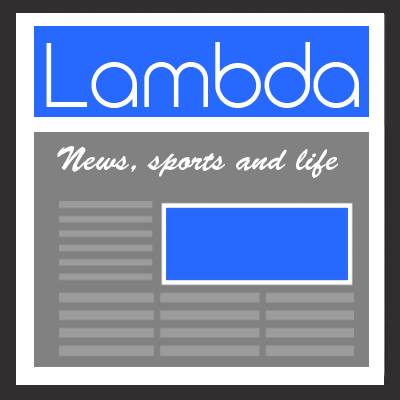By Kayla Perry
In April, renovations will begin in the Great Hall, transforming the cafeteria into an ‘all-you can eat’ merche style eatery. The new cafeteria will coincide with the introduction of mandatory meal plans for those students living in the LUL residences on campus.
Although the new cafeteria is said to feature foods to meet dietary restrictions, such as gluten free and vegan options, there will not be any kosher food options, as confirmed by Richard Brown, the District Manager of Aramark Higher Education. The cafeteria will, however, serve halal goods.
“(Armark is) looking for ways to meet the growing needs of religious and lifestyle diets in a campus setting and are always looking for ways to expand our variety of offerings,” said Brown.
Sidney Shapiro, a Ph.D student at Laurentian University and someone who consumes strictly kosher food, said that having this type of certified food in the cafeteria is “not realistic.”
“In order for food to be kosher, it doesn’t only mean the type of food it is, it also means the type of supervision the food has,” said Shapiro. “You must have somebody who works in kosher supervision actually checking to make sure the food is stored properly, that the same utensils aren’t used that are on other non-kosher products, and so on.”
In kosher foods, each ingredient in the production of a food product must be kosher: for example, the gelatin used in yogurt or candies must be kosher.
Shapiro said that although some universities have “kosher kitchens”, such as York University and University of Western Ontario, in order for Laurentian to serve kosher food there would need to be an area dedicated to kosher food, where it would not come in contact with any other types of food.
Shapiro stated that he does not believe there is a large population of students who eat strictly kosher food at Laurentian.
Although it is said that most food in the new cafeteria will be local, the halal food in the cafeteria will be outsourced, and purchased from a certified GTA supplier of halal food.
“We have approved suppliers of halal fare who are certified and routinely audited to ensure they meet the standards,” said Brown when asked how the Fresh Food Company will ensure halal food is certified.
Ahmad Alamir, a first year forensic science student at Laurentian, said there is a “specific way to slaughter the animal, which makes the meat halal”: halal foods must come from a supplier who uses halal practices, specifically by invoking the name of Allah before an animal is slaughtered.
Alamir, who only eats halal certified meats, said there is a “large” Muslim population at Laurentian, and a large amount of students who only eat halal meats – Alamir said he is now easily able to find halal food in Sudbury, although when he first arrived at Laurentian it was much harder.
